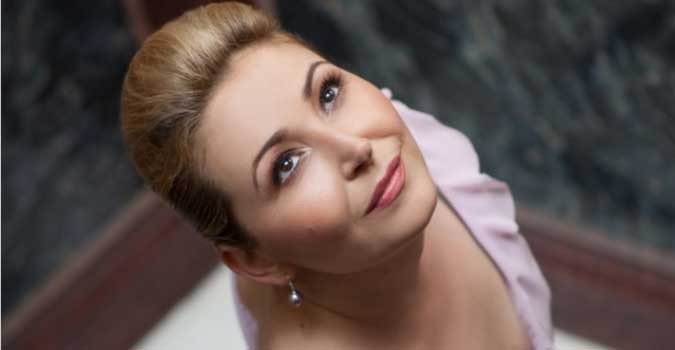
Filters
Find the programme sorted by date and book your concert, opera and ballet tickets:
Karine Deshayes | 4 Performances
Filter by 
opera
From
€115
La Clemenza di Tito - Mozart
Sold out
Grand Théâtre de Provence (Festival d'Aix),
Aix-en-Provence -
France
The 21/07/2024
The 21/07/2024
concert
From
€44
Le jardin féérique de la Boîte à Pépites
Cité de la musique (Salle des Concerts),
Paris -
France
The 19/12/2024
The 19/12/2024
 Highlight
Highlight
opera
 Highlight
Highlight
-
International Agency Your ticket for an unforgettable evening around the world
-
Ticketing Agency Classical music and opera experts for over 20 years
-
+48.000 spectacles Operas, Concerts and ballets in prestigious Venues
-
Advice Music specialists can help you make the best choice, call us at +33 1 53 59 39 29


